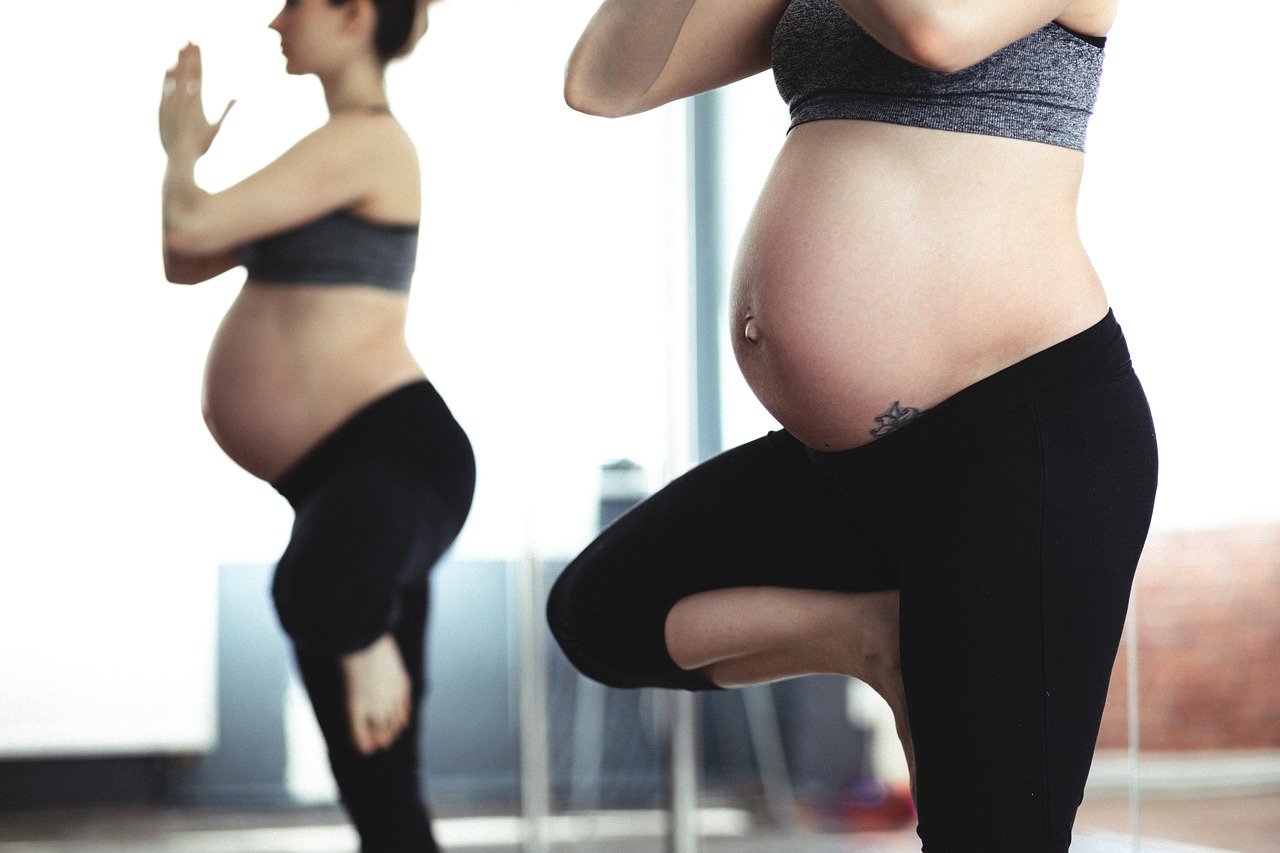In November 2018 researchers from Canada published the 2019 Canadian Guideline for Physical Activity throughout Pregnancy. This Clinical Practice Guideline was prepared by the Guidelines Consensus Panel and reviewed by the Society of Obstetricians and Gynaecologists of Canada’s (SOGC) Maternal Fetal Medicine and Guideline Management and Oversight Committees, and approved by the Board of the SOGC and the Board of Directors of the Canadian Society for Exercise Physiology. It provides guidance for pregnant women and obstetric care and exercise professionals on prenatal physical activity and was written following a review of the medical scientific literature and feedback obstetric care providers, exercise professionals, researchers, policy organisations, and pregnant and postnatal women. The benefits of prenatal physical activity were thought to be moderate and no harms were identified and the majority of the feedback indicated that following these recommendations would be feasible and acceptable.
In the absence of contraindications, following these Guidelines appears to be associated with (1) fewer newborn complications (ie, large for gestational age) and (2) maternal health benefits (ie, decreased risk of pre-eclampsia, gestational hypertension, gestational diabetes, caesarean section, urinary incontinence, excessive gestational weight gain and depression). Physical activity is not associated with miscarriage, stillbirth, neonatal death, preterm birth, preterm/prelabour rupture of membranes, neonatal hypoglycaemia, low birth weight, birth defects, induction of labour or birth complications. However, evidence was not identified regarding the safety or additional benefit of exercising at levels significantly above the recommendations. Women may need to modify physical activity as pregnancy progresses and there may be periods when following the guidelines is not possible due to fatigue and/or discomforts of pregnancy.
Recommendations
1.All women with no contraindications should be physically active throughout pregnancy. Strong recommendation, moderate-quality evidence.
Women who were previously inactive. Strong recommendation, moderate-quality evidence.
Women diagnosed with gestational diabetes mellitus. Weak recommendation, low-quality evidence.
Women categorised as overweight or obese (pre-pregnancy BMI of over 25 kg/m2). Strong recommendation, low-quality evidence.
2. Pregnant women should accumulate at least 150 min of moderate-intensity physical activity each week to achieve clinically meaningful health benefits and reductions in pregnancy complications. Strong recommendation, moderate-quality evidence.
3. Physical activity should be accumulated over a minimum of 3 days per week; however, being active every day is encouraged. Strong recommendation, moderate-quality evidence.
4. Pregnant women should incorporate a variety of aerobic and resistance training activities to achieve greater benefits. Adding yoga and/or gentle stretching may also be beneficial. Strong recommendation, high-quality evidence.
5. Pelvic floor muscle training (eg, Kegel exercises) may be performed on a daily basis to reduce the risk of urinary incontinence. Instruction on the proper technique is recommended to obtain optimal benefits. Weak recommendation, low-quality evidence.
6. Pregnant women who experience light-headedness, nausea or feel unwell when they exercise flat on their back should modify their exercise position to avoid the supine position. Weak recommendation, very-low quality evidence.
Contraindications
Women with any contraindications should discuss the advantages and disadvantages of moderate-to-vigorous intensity physical activity with their obstetric care provider prior to participation.
The following are absolute contraindications to exercise:
Ruptured membranes.
Premature labour.
Unexplained persistent vaginal bleeding.
Placenta praevia after 28 weeks’ gestation.
Pre-eclampsia.
Incompetent cervix.
Intrauterine growth restriction.
High-order multiple pregnancy (eg, triplets).
Uncontrolled type I diabetes.
Uncontrolled hypertension.
Uncontrolled thyroid disease.
Other serious cardiovascular, respiratory or systemic disorder.
The following are relative contraindications to exercise:
Recurrent pregnancy loss.
Gestational hypertension.
A history of spontaneous preterm birth.
Mild/moderate cardiovascular or respiratory disease.
Symptomatic anaemia.
Malnutrition.
Eating disorder.
Twin pregnancy after the 28th week.
Other significant medical conditions.
Definitions:
Strong recommendation: Most or all pregnant women will be best served by the recommended course of action.
Weak recommendation: Not all pregnant women will be best served by the recommended course of action; there is a need to consider other factors such as the individual’s circumstances, preferences, values, resources available or setting. Consultation with an obstetric care provider may assist in decision-making.
Quality of the evidence: The quality of the evidence refers to the level of confidence in the evidence and ranges from very low to high.
High quality: The Guidelines Consensus Panel is very confident that the estimated effect of physical activity on the health outcome is close to the true effect.
Moderate quality: The Guidelines Consensus Panel is moderately confident in the estimated effect of physical activity on the health outcome; the estimate of the effect is likely to be close to the true effect, but there is a possibility that it is substantially different.
Low quality: The Guidelines Consensus Panel’s confidence in the estimated effect of physical activity on the health outcome is limited; the estimate of the effect may be substantially different from the true effect.
Very low quality: The Guidelines Consensus Panel has very little confidence in the estimated effect of physical activity on the health outcome; the estimate of the effect is likely to be substantially different from the true effect.
Mottola MF et al. 2019 Canadian guideline for physical activity throughout pregnancy. Br J Sports Med. 2018 Nov;52(21):1339-1346.
Mottola MF et al. 2019 Canadian guideline for physical activity throughout pregnancy. J Obstet Gynaecol Can. 2018 Nov;40(11):1528-1537

